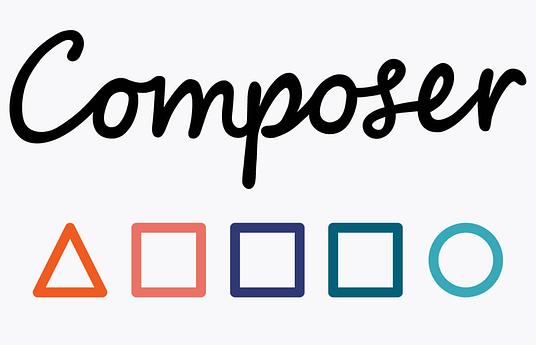The innovation was originally developed for corporate and government implementation. In 2010, a group of educators received permission to adapt the tools for educational use. They recognized that if we truly hope to prepare young people for a rapidly changing world and contribute to long-term ecological and social wellbeing, systems thinking must become a foundational habit of mind in schools. The Sustainability Compass was adapted to help students understand interdependence, navigate complexity, and design solutions that strengthen communities and natural systems.
The Sustainability Compass is a systems thinking tool that supports educators in embedding holistic sustainability across the curriculum rather than treating it as a separate topic. Using four Compass Points, Nature, Society, Economy, and Wellbeing, educators and students identify key system elements and map their interconnections.
The actual practice of using the tool is flexible. Students often will gather around a large sheet of paper (or virtual whiteboard) with the Sustainability Compass and their chosen topic in the center. They will use a learning protocol that is reflected in the acronym P.A.T.H. (and the idea that a Compass is a tool to find a "path" to a more sustainable world). As they discuss and make connections, learners are able to visualize complexity, recognize trade-offs, and identify leverage points for meaningful, lasting change.
In the classroom, systems thinking strengthens social-emotional competencies such as self-awareness, empathy, and a sense of global interdependence. As learners recognize their relationship to ecological and social systems, they become more motivated and capable of contributing to resilient communities and a thriving future. The Sustainability Compass integrates seamlessly into existing K–12 curricula and is currently used by thousands of educators worldwide. It is a copyrighted tool and free for nonprofit educational use.
Compass Education is a global movement of committed volunteer educators dedicated to advancing systems thinking and sustainability in schools to support ecological resilience and social equity. The movement now spans 100+ countries, 1,200+ schools, and 5,000+ trained educators, representing 100% growth since our previous HundrED submission.
We are proud to share that our work has now reached more than 1 million students. We have expanded across Africa and Australia, now active on six continents, and have built partnerships with leading global sustainability and social impact organizations including World’s Largest Lesson, UNESCO’s Greening Education Partnership, Ashoka, and the Green Schools National Network in the United States.
Compass Education is positioned for continued growth, and over the next 2 to 3 years we aim to scale further through strategic partnerships and foundation support focused on climate education, regenerative development, and whole-system transformation.
Due to the nature of the innovation, the power of it is in simplicity and scalability. We have expanded our methods for delivery to include multiple price points, including free opportunities for engagement in the global south and have partnered with organizations such as Ashoka, to bring the tool to education entrepreneurs in Latin America and around the world.
We have expanded our delivery methods to include global virtual cohorts and virtual online trainings for schools in order to reach more schools and educators in the times that work best for them.
We will soon launch MyCompass, a new digital platform designed to help schools track, visualize, and share their sustainability initiatives. The platform will enable educators and students to document systems-based projects, demonstrate impact, and connect their work to a global learning community committed to a more just and regenerative future.
The Compass Education website provides easy access points to begin to use the Sustainability Compass, including a free introductory course as well as hundreds of crowd sourced resources and lesson plans.
We have multiple opportunities for online cohorts for individuals or schools, we offer free coaching and many free online webinars. Please visit our website at www.compasseducation.org for more information.
Educators who would like more formal training of the full suite of systems thinking tools can contact Compass Education through their website or reach out directly to team@compasseducation.org.


